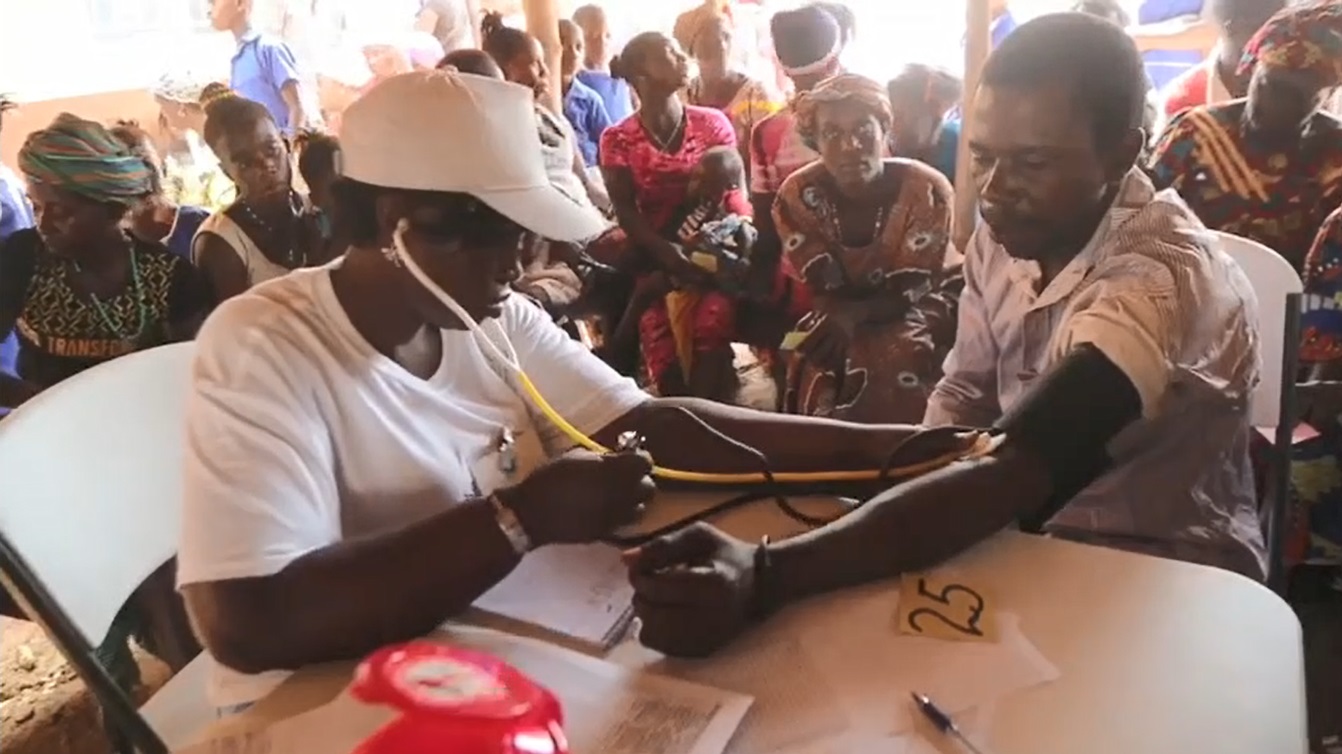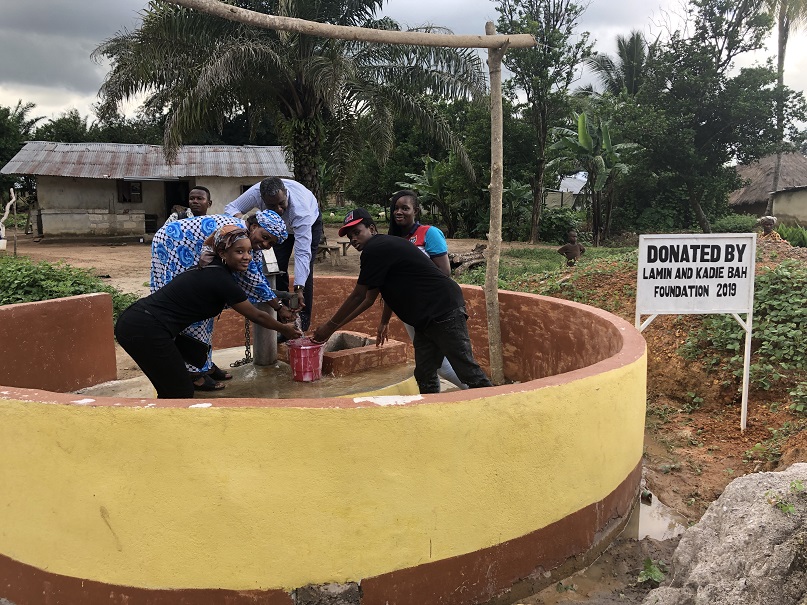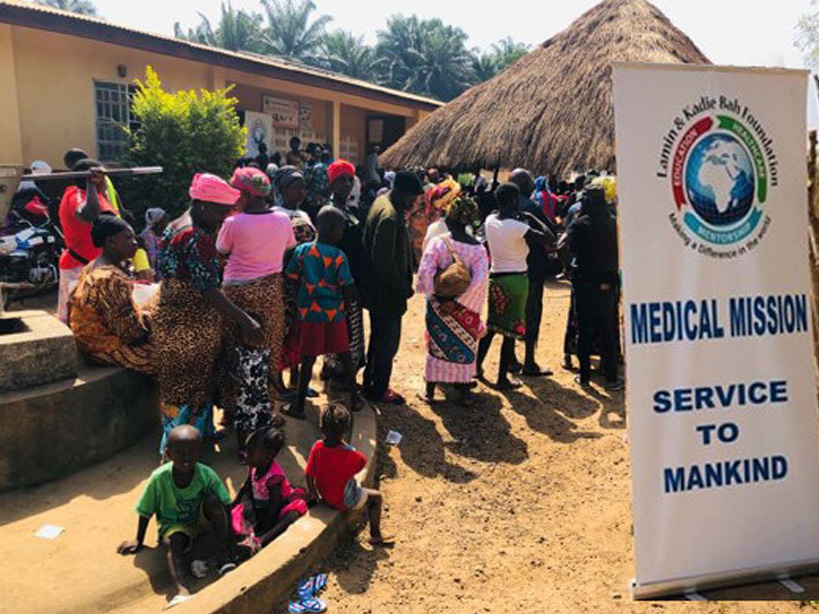
Healing Lives, Empowering Communities: Facilitating access to Healthcare in Sierra Leone & Guinea
Access to healthcare in Sierra Leone is limited, particularly in rural areas. The country has a very low doctor-to-patient ratio, with only 0.2 doctors per 10,000 people. Many healthcare facilities are poorly equipped and staffed, and access to essential medicines is often limited. According to the World Health Organization, Sierra Leone has some of the highest rates of maternal and child mortality in the world, with one in 17 women dying from pregnancy-related causes and one in seven children dying before their fifth birthday. This is largely due to a lack of access to basic healthcare services such as prenatal care, skilled birth attendants, and vaccinations.
Sierra Leone and Guinea, two countries in West Africa, face significant healthcare challenges. Both countries have struggled with inadequate infrastructure, limited access to healthcare services, and insufficient healthcare resources.
In Sierra Leone, the healthcare system has been strained due to factors such as a shortage of healthcare workers, limited medical facilities, and low healthcare expenditure. The country has a high burden of communicable diseases, including malaria, HIV/AIDS, and tuberculosis. Maternal and child mortality rates remain high, and there are challenges in providing quality healthcare services to remote and rural areas.
Similarly, Guinea also faces healthcare hurdles. The country has a shortage of healthcare workers, limited healthcare infrastructure, and a lack of essential medical equipment and supplies. Communicable diseases, such as malaria and hepatitis, are prevalent, and there are significant challenges in ensuring access to safe drinking water and sanitation facilities, which further contribute to health issues.
Both Sierra Leone and Guinea have made efforts to improve their healthcare systems. They have sought international assistance, collaborated with NGOs and nonprofit organizations, and implemented initiatives to enhance healthcare infrastructure and services. However, significant work remains to be done to address the underlying challenges and ensure universal access to quality healthcare for their populations.
International organizations, nonprofits, and governmental bodies continue to support healthcare development in Sierra Leone and Guinea, focusing on areas such as healthcare training and capacity building, infrastructure improvement, disease prevention and control, and strengthening healthcare governance. These efforts aim to improve healthcare outcomes, reduce disease burden, and enhance the overall well-being of the populations in both countries.

Wells Built in Sierra Leone
Access to clean water has always been a challenge for certain villages in Sierra Leone. The LKB Foundation has built over 10 wells around West Africa.

Sierra Leone Medical Mission Trip
The Lamin & Kadie Bah Foundation conducted a mission in Sierra Leone.

